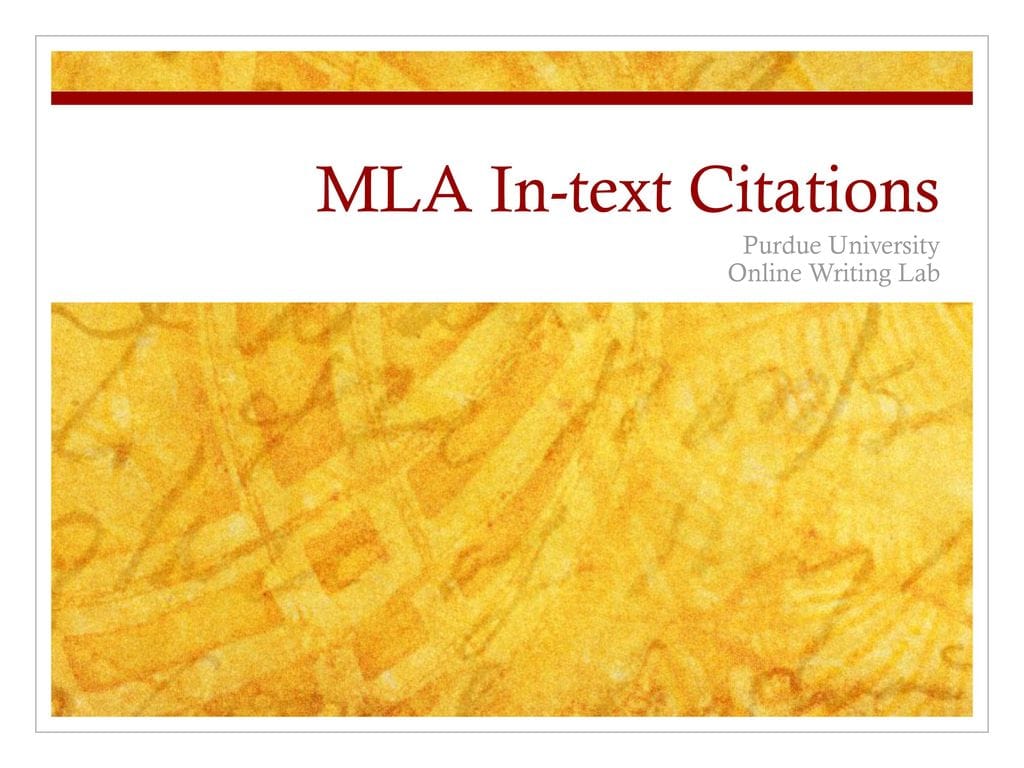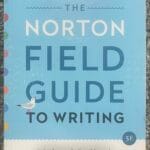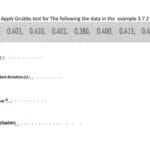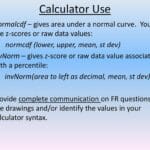Master Purdue OWL citation styles: MLA, APA, Chicago, and more! This comprehensive guide unlocks accurate citations with Purdue OWL’s resources, walking you through each style step-by-step. From in-text citations to formatting, conquer your research and go beyond the basics with advanced techniques and tools.
Decoding Citation Styles with Purdue OWL
Purdue OWL is the gold standard for academic referencing, offering comprehensive guides for major citation styles, including MLA 9th edition, APA 7th edition, Chicago, and IEEE. It’s your one-stop shop for accurate citations, providing sample papers, slide presentations, and even classroom posters. Let’s dive into each style, exploring their unique characteristics and how Purdue OWL can help you master them.
APA 7th Edition: Mastering the Author-Date System
APA style emphasizes when information was presented. Using the author-date system, in-text citations link directly to your reference list. In-text citations come in two forms: parenthetical (e.g., (Smith, 2024)) and narrative (e.g., Smith (2024) noted…). Your reference list should be alphabetized, double-spaced, and use hanging indents. Remember, different sources have different formatting requirements within the reference list. Purdue OWL and the official APA Style website are essential resources for mastering APA style. They provide detailed guidance on handling various source types, multiple authors, and other tricky citation scenarios.
Key Elements of APA 7th Edition
In-Text Citations: Use the author-date method. For direct quotes, include the page number (Smith, 2024, p. 12). Purdue OWL clarifies how to handle “et al.” for multiple authors.
Formatting: Follow APA guidelines for title pages, headings, margins, and the reference list. Purdue OWL offers sample papers to guide you.
Different Sources: APA has specific rules for each source type. Consult Purdue OWL for examples of citing books, journals, websites, and more.
MLA 9th Edition: The Art of the Conversation
MLA style is like a conversation, pointing your reader to the source of your information. In-text citations typically include the author’s last name and page number (Smith 12). If there’s no page number (common with online sources), use just the author’s last name (Smith). These in-text citations correspond to full entries on your Works Cited page.
Key Elements of MLA 9th Edition
In-Text Citations: Use author’s last name and page number (Smith 12). For online sources without page numbers, use the author’s last name only.
Works Cited Page: List all sources alphabetically at the end of your paper. Purdue OWL provides templates for each source type.
Containers: Understand the concept of “containers”—the larger work that houses your source (e.g., a journal article within a journal, a webpage within a website). Purdue OWL helps you navigate this.
Chicago and IEEE: Concise and Clear
Purdue OWL provides concise explanations and helpful examples for Chicago (using footnotes or endnotes) and IEEE (using numbered citations), ensuring your citations are accurate without getting bogged down in complex rules.
Advanced Citation Techniques with Purdue OWL
Ready to level up? Purdue OWL offers guidance on advanced citation techniques and tricky scenarios.
Citation Management Tools
Citation management tools like Zotero, Mendeley, and EndNote can automate your citation process. The Purdue OWL website provides an overview originally compiled by Danielle Walker (2013) from Purdue University Libraries. Due to the evolving nature of these tools, it’s probably a good idea to check for more recent updates on recommended software and best practices. These digital helpers work with Purdue OWL to streamline your workflow.
Handling Complex Sources and Avoiding Errors
Citing government documents, multimedia, or interviews can be challenging. Purdue OWL tackles these complex sources head-on. Moreover, it helps you avoid common citation mistakes, such as missing information, inconsistent formatting, and incorrect punctuation.
Beyond Citations: Exploring Purdue OWL’s Resources
Purdue OWL offers a wealth of resources beyond citations, including research guides, writing tips, and grammar advice. Integrate Purdue OWL into your writing process from the beginning for a smoother experience. Explore its accessibility features to ensure your citations are inclusive.
Staying Up-to-Date and Adapting to Change
Citation styles evolve. Purdue OWL is regularly updated, reflecting changes in style guides. However, staying informed about the latest updates is crucial. The future of citation is likely to be dynamic, with ongoing research exploring how to best cite non-traditional sources like datasets and software. This suggests our understanding of citation will continue to evolve.
Comparing Citation Styles at a Glance
| Feature | MLA | APA | Chicago | IEEE |
|---|---|---|---|---|
| In-Text | Author-page | Author-date | Footnotes/Endnotes | Numbered Citations |
| Bibliography | Works Cited | References | Bibliography | References |
| Date Format | Day Month Year | Year, Month Day | Varies | Varies |
By mastering Purdue OWL and understanding the nuances of each citation style, you’ll be well-equipped to handle any citation challenge. Remember, accurate citation is essential for academic integrity and contributes to the broader scholarly conversation. Keep exploring, keep learning, and let Purdue OWL be your guide!
Unmask lurking anomalies in your dataset with the Grubbs outlier test. Dive into the world of comprehensive academic progress monitoring with AIMSweb.
- Mastering Leader in Spanish: The Complete Guide - April 19, 2025
- Uncovering Surprising Parallels: England Size Compared to US States - April 19, 2025
- Old Mexico Map: Border Shifts 1821-1857 - April 19, 2025
















